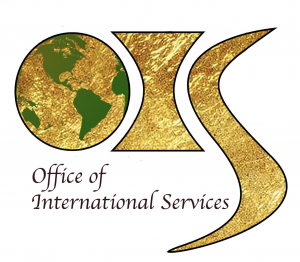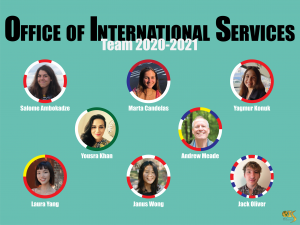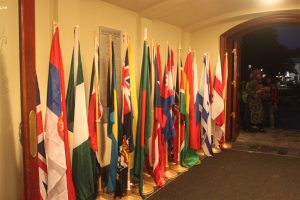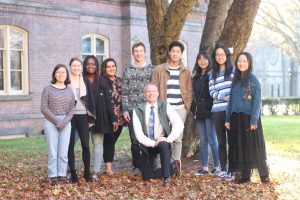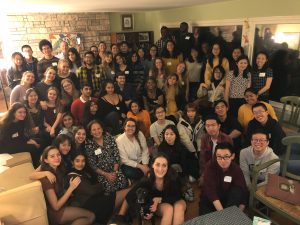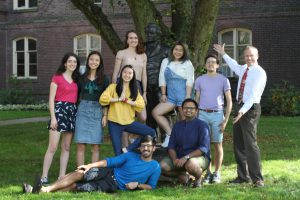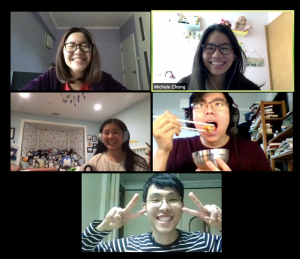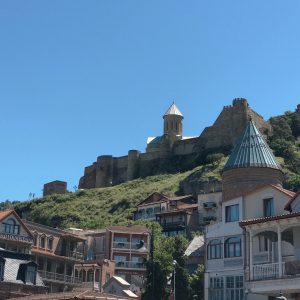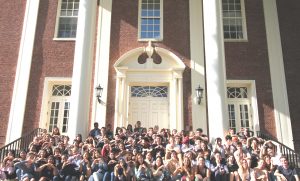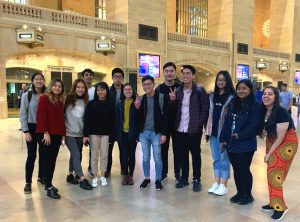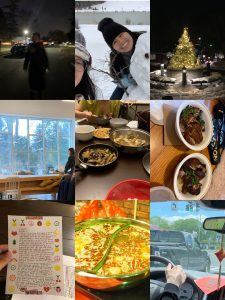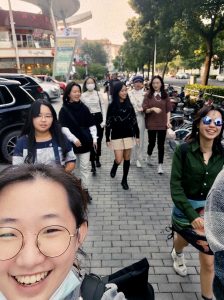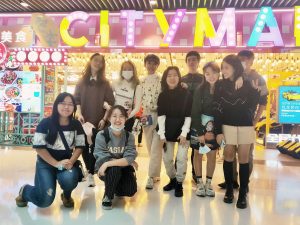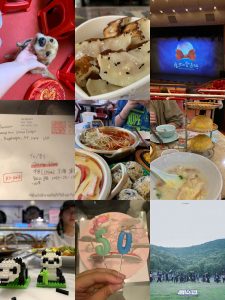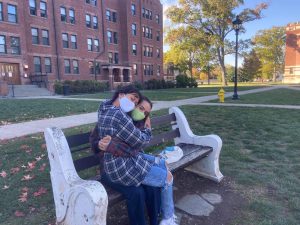Hello, internationals! Here at OIS, we’ve been working over the past few weeks on updating and improving this website. One of the ideas we came up with is to explore and write about what international students can do during breaks if they choose to stay on campus.
A little bit of information to those of you who are new: Vassar has one week of fall break in October, two weeks of spring break in March (and in my experience, it covers the spring breaks of almost every other college), a whole month of winter break, and a summer break from the end of May until the end of August. Right now it is June, so we will focus on the long and (usually) steaming-hot summer break.
How can you stay on campus over the summer break:
1. Campus Employment (Library, administrative offices, post office…)
2. Summer Programs (URSI, Ford Scholars, Powerhouse Theater Apprenticeship, Transfer/Visiting/Exchange Student Fellow Program…)
3. Independent project with a professor
4. Working for the alumni reunion (Until the first weekend of June)
5- For any other possibilities, contact Residential Life office
I’ve talked to a few internationals that I could catch around the campus and asked them about what they’re doing and how they like Vassar over this relatively quieter and much warmer season. This week, we’re featuring Sahara Pradhan ‘15.
Sahara Pradhan ‘15
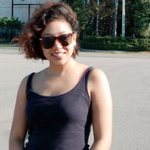 Hometown: Kathmandu, Nepal
Hometown: Kathmandu, Nepal
Major(s): International Studies
(will declare a second major in Education)
OIS: Hi Sahara! Could you tell us about what you’re doing on campus this summer?
Sahara: I am doing the Ford Scholars program. It’s basically a research position and you need to apply for it. You work with a professor of your choice and they give you a stipend, if you get the position. I’m working with Maria Hantzopoulos (Assistant Professor of Education and Coordinator of Secondary Teacher Education).
Hantzopoulos is working on a project called “Rethinking the Region,” where she is revising four major history textbooks used in the U.S. high schools to reframe how the modern Middle East is portrayed, and she is also creating a robust alternative curriculum with new approaches after analyzing how these texts frame the Middle East historically through categories such as the rise and spread of Islam, the Crusades, and the Ottoman Empire. Right now if you look in the textbooks, most of the time they depict civilizations at odds with one another, and movements and historical events are conflated or are presented in a confusing way. The curriculum is trying to include ways in which the people and societies also interacted in collaborative and fluid ways, which is particularly important now, in light of the current political situation, when mainstream media often frighteningly simplifies complex histories and identities. For example, most of the time, there is no mention of the role of women in historical movements, so we are trying to incorporate that.
Hantzopoulos is working with six other researchers from different universities, and they finished the analyzing stage. Now they’re working on recreating the curriculum. So, I’m helping her with that. I look up a lot of primary sources and organize them, so that the researchers can turn them into actual text that will go into history textbooks. I am also just starting to help with the actual curriculum and will eventually also be working with a web designer and in outreach.
OIS: Are there any other students working on this project with you?
Sahara: No, it’s just me. Each professor gets to pick one or two students depending on what they need.
OIS: Have you stayed at Vassar during any of the previous summers?
Sahara: No, it’s my first time staying. I’m busy with work, and I’m also involved in VHP (Vassar Haiti Project).
OIS: How long will you be doing this program?
Sahara: It’s an eight-week program. I started in late May and I’m here until the end of July. For the last month of the summer, I’m still going home.
OIS: Are you planning to continue doing research in the future?
Sahara: It’s been very interesting so far and I feel like I’m learning a lot, but it’s a lot of independent work and I like to be around people more. If you’re doing URSI, you meet with your professor everyday. I’m doing Ford, so I meet my professor about once a week to give her updates. She gives me assignments, and I go down to New York City – which is the nice part – to go down there often. I’m going to be doing a research assistant position in the fall with a different professor. I think that if you’re going to pursue a degree in social sciences, learning how to do research is such an important skill. I think I’m going to stick to it.
OIS: How do you like Vassar over the summer?
Sahara: It’s really nice being on campus over the summer. I was a little nervous because I thought it would be too quiet, but it’s actually been really great. There’s always stuff going on with VHP, so if anybody wants something to do… let us know!
